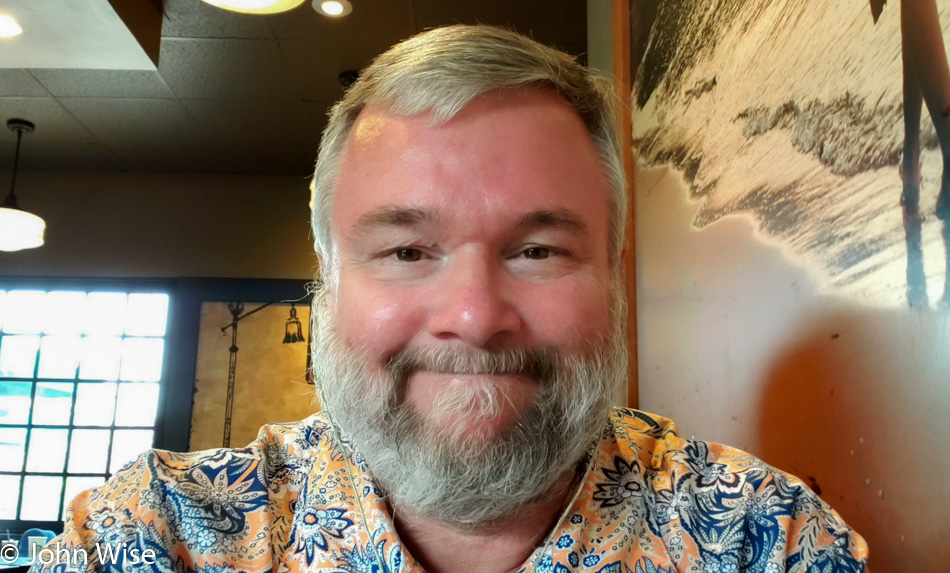
Growing older, I’ve been fortunate enough to also grow away from anger. The inherited disease was given to me by a father who was never very far away from his own deep-seated rage. Later in life, I learned that he was given the gift by his own father, who likely also inherited it from his own parents.
This is a primitive emotion that has never proven helpful regarding love, but as it has moved into the background, I can honestly say that I do not miss it. Contrary to my father, I did not find this ugliness within a gift, and I would have gladly given it back had I understood early on how toxic it was. I only call it a gift because, apparently others cherish this beast that leaps out of their emotional weak points and have embraced owning it.
Even after discovering through patience how to distance myself from my own worst enemy, I cannot claim it is dead. What I now know about it is just how detrimental it is to my very being. Not only have others suffered when I’m in its grip, but now I see the anguish it leaves me with.
I can go long periods where honest anger is not present, and the minor annoyances should be seen for what they are, but during the now rare moment when I butt into this Goliath of hostility, I am left not only shocked at how profoundly it takes near-total control of me but how raw I feel the next day. The chemical wreckage is felt as though I’m hungover.
If not for my sense of love for my best friend and wife, Caroline, and her ability to stand with me, trying to negotiate the turbulence where uncertainty breeds greater volatility, I may have never escaped the trap that blinds me.
There is no permanent cure for the lurking monster, as it was cultivated for far too many years during times when examples of love, nurturing, and mentoring were supposed to be at the forefront of a developing child’s evolution. When parents show their children raging hatred, how can it be that they are surprised when young adults demonstrate back at society their own raging hatred for not being loved?